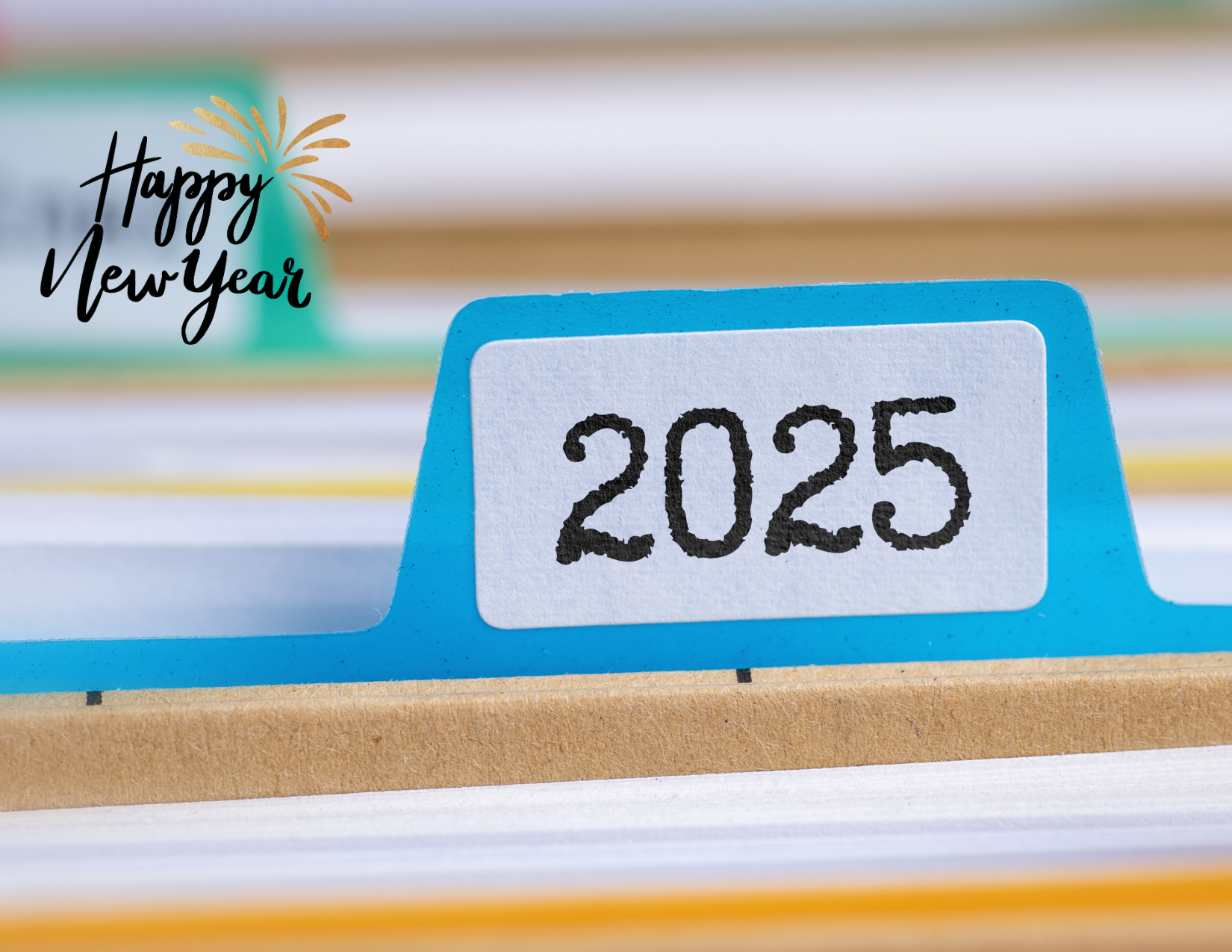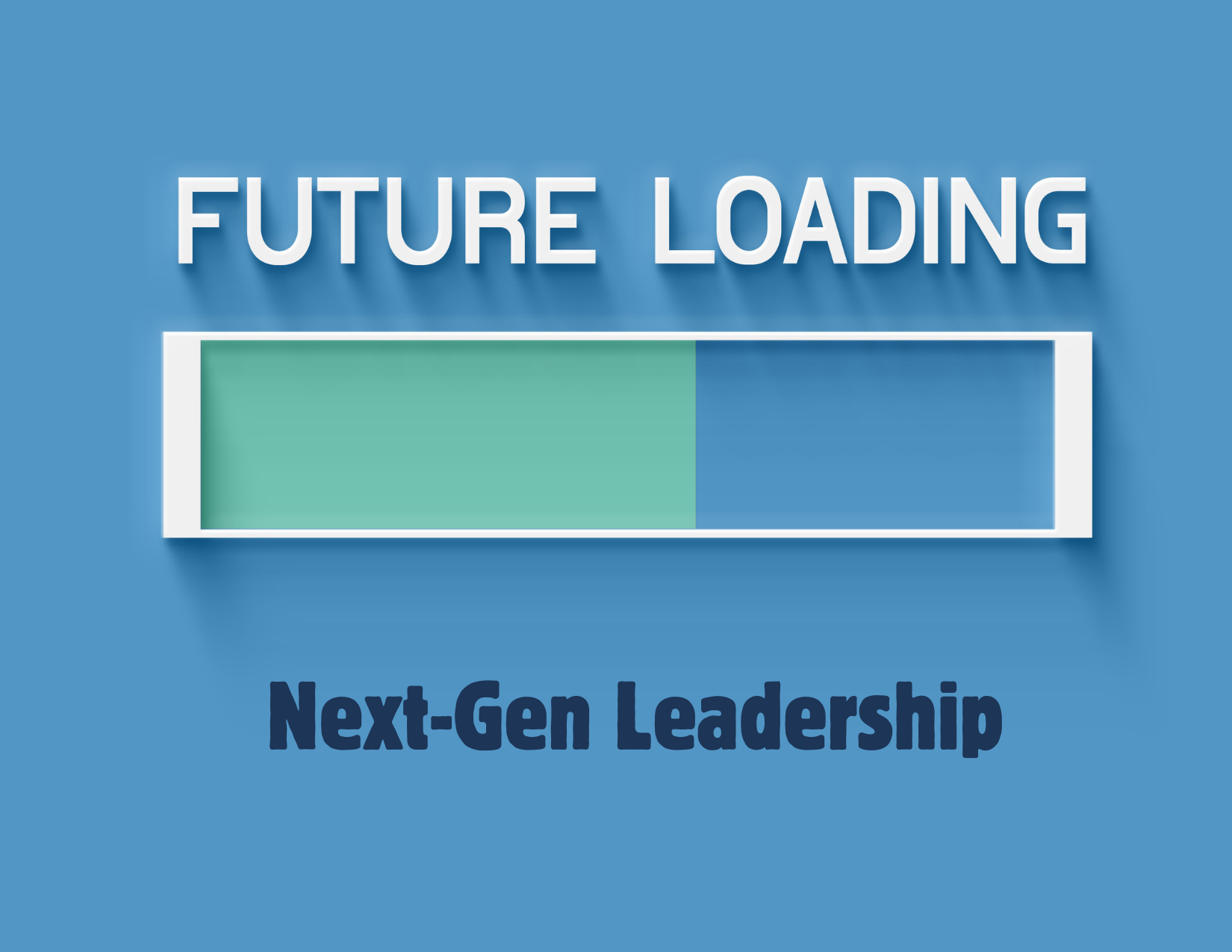Time, at its essence, is a construct of our minds and how we measure the moment. It seems like a finite resource as we navigate our day-to-day lives in the world’s complexity. For many professionals, the pressure of time in the workplace, balanced against the volume and pace of work, has reached a tipping point.
In the wake of COVID-19, time management has become a more significant challenge for managers and leaders. Our calendars are more packed than they were pre-pandemic, with the combination of in-person and virtual meetings eating up our time. Add to that the constant influx of emails and the tendency to multitask during meetings, and it’s no wonder many of us feel like we’re continuously playing catch-up.
Common Time Management Challenges
- Increased Meeting Loads
One of the major shifts in the workplace has been the increase in meetings. The convenience of Zoom, Teams, and other platforms has led to back-to-back virtual and hybrid meetings in addition to our in-person meetings, leaving little time for focused work. You no longer need everyone in the office to have a meeting. Hybrid work environments mean balancing both in-person and online commitments.
- Multitasking During Meetings
While multitasking might seem like a way to get more done, it often leads to decreased productivity. Attending a virtual or hybrid meeting while answering emails or working on another task seems commonplace. The result is that it pushes work forward faster and often leads to reduced quality of work. It also increases the pipeline of work in our inboxes. When was the last time you were in an in-person or virtual meeting where everyone was focused on the discussion and no one was working on their devices? Exactly!
- Overflowing Inboxes
Emails have multiplied, in part because of incessant multitasking. A never-ending stream of messages are demanding our attention. This constant barrage can make it hard to discern and focus on the more critical tasks. There also seem to be more email strings and emails within emails that take time to unpack and respond to.
- Constant Interruptions
How many times are you interrupted during your workday? It might be in person, over Slack, Teams, or another platform. A UC Berkeley study found each distraction we encounter jeopardizes 8-25 minutes of productive work time.
Strategies for Better Time Management
If what you have read so far resonates with you, don’t worry. You’re not alone! With a few strategic adjustments, you can reclaim your time and boost your productivity. Here are some key strategies to help you get started.
- Distinguish Between Urgent and Important
It’s crucial to discern between what is truly urgent versus what is important. Urgent tasks demand immediate attention, but important tasks contribute to long-term goals and objectives. Understanding this difference can help you prioritize more effectively. The Eisenhower Matrix is a tool that can help you determine what you work on, when, and what can be delegated.
- Creating a Balanced Schedule
If you constantly feel like you’re putting out fires, take a step back and assess your schedule. What is within your control? Are there recurring patterns to the disruptions? Can some tasks be delegated or postponed? What is preventing you from delegating? What needs to shift? Establish a routine that allows for both flexibility and structure.
- Block Time for Focused Work
One effective strategy is blocking out time on your calendar for focused work. Treat these blocks as non-negotiable appointments with yourself. Use this time to tackle important tasks without interruptions. You should allocate blocks of time based on the task type and time of day that is the highest and best use of time for that task. For example, if your best time for writing is morning, schedule your writing block for your optimal morning time and don’t use it for a less brain-intensive task like checking your email.
- Shorten Meetings
Reevaluate the length of your meetings. Can a one-hour meeting be shortened to 45 minutes? Shorter meetings are often more productive because they force participants to stay focused and concise. You can still include personal time for connection at the beginning of the meeting.
- Require Agendas for Meetings
Before scheduling a meeting, make sure there’s a clear agenda. Ensure that the participants understand the purpose of the meeting and what they need to do to be prepared for the discussion. This sets expectations for what will be discussed and helps keep the meeting on track.
- Bring Resolution to Interruptions
If interruptions significantly impact your workday, take the time to engage in dialogue to determine why they are happening. Try to understand your colleagues’ or team members’ needs and intentions regarding the interruptions. This may involve changing your approach to something they need, providing training, or dedicating more focused time to your team to limit interruptions while empowering them and giving yourself the gift of time.
- Practice Saying No
It’s okay to decline meetings and tasks that don’t align with your priorities. Politely saying no or delegating tasks to others can help you manage your time more effectively.
Progress over perfection! It’s about making small changes that significantly improve your productivity and well-being. Are you ready to take control of your time?







